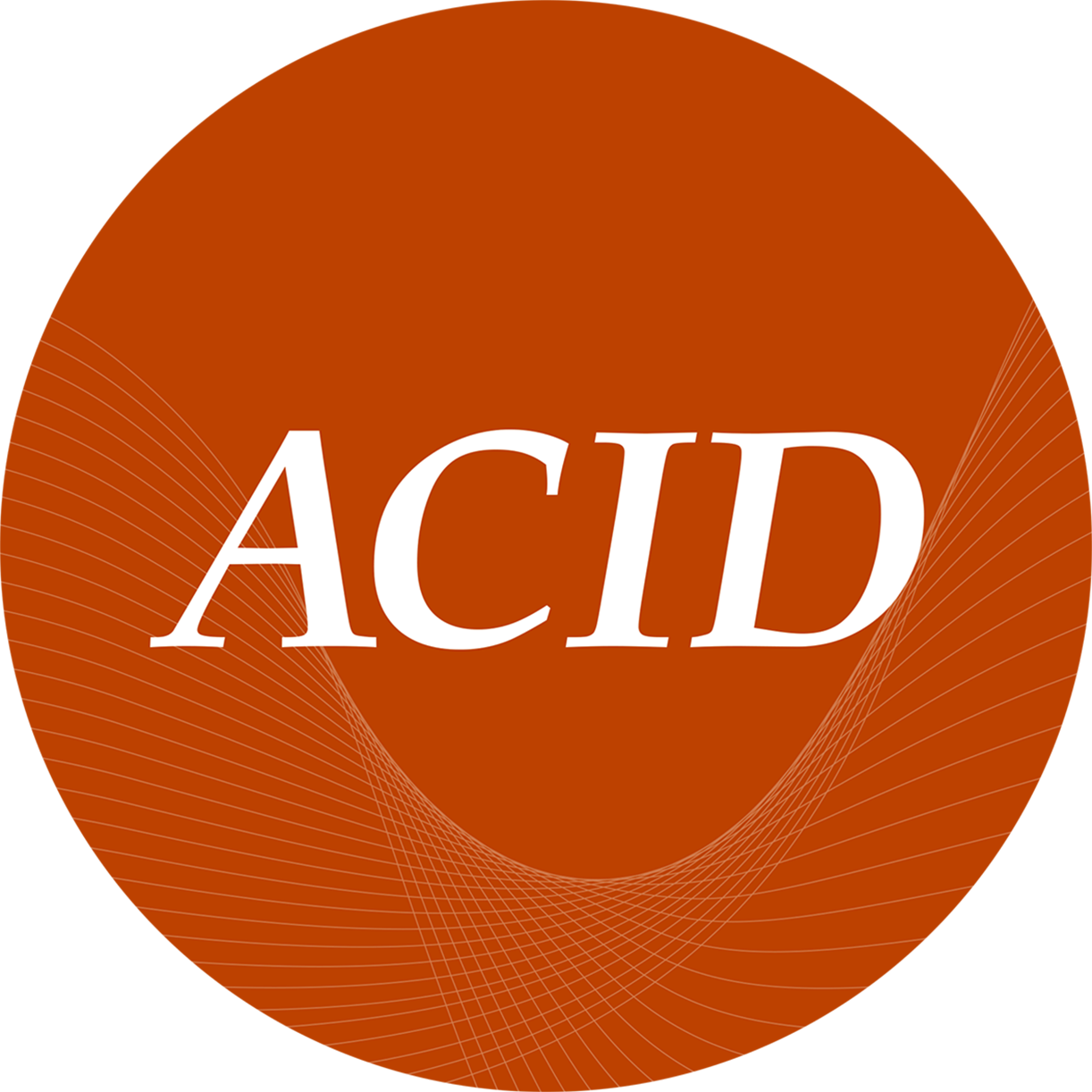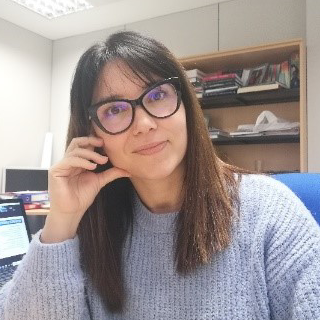Laura Galiana, Associate professor at the Department of Behavioral Sciences Methodology of the University of València. She was the director of the Official Master’s in Social and Health Care in Dependency of the University of València from 2016 until 2020 and is now a member of the Academic Commission for the Doctorate in Psychological Research (from 2021 onwards). She also leads the research line on Integral and Humanizing Care and attention in palliative care within the research group of Advanced Research Methodology applied to Quality of Life Promotion, ARMAQoL (GIUV2017-359), and holds the co-director position of the Teaching development group for the Improvement in the teaching of statistics and other related subjects (GCID23_2574917). Moreover, she is part of the research group CurES (IDISBA), of the European Association for Palliative Care, of the European Association of Methodology, and of the American Psychologists Association. She has collaborated with numerous Universities through different research stays, voluntary participation in various initiatives and projects, and also through scientific publications (Universitat de les Illes Balears, Loughborough University, Sapienza Università di Roma, Lancaster University, University of Lauszanne…). She also is an assistant Editor for the journal Frontiers in Psychology, a member of the Editorial Committee at BMC Psychology, and a reviewer of multiple other scientific journals. She has been the secretary of the Organizing Committee of the 9th European Congress of Methodology and continues to work as a reviewer and assessor of different projects of the Spanish National Agency for Research (Agencia Estatal de Investigación). When it comes to research projects, she has held the position of principal researcher in various of them. These have been funded by entities such as the Ministry of Science, innovation and Universities, The University of València, or the INCLIVA fund. Moreover, she has also been a part of other research projects, with Laura being part of the FORTHEM alliance, which comprises multiple European Countries. Her main research line is focused on improving compassion and the wellbeing of healthcare professionals. Within this work, four smaller topics are of great importance: the development of measures and the validation of already available instruments of measurement; the combination of Structural Equations Modelling and the Item Response Theory; the identification of predictors for compassionate care and professional quality of life with an emphasis on mindfulness and self-care strategies; the efficacy of compassion-based and meditative interventions on the improvement of professional quality of life and well-being through comparing the evidence of different interventions and; the international replication of results. Other lines of research include the modeling of processes behind the quality of life in elders, the effects of spirituality in palliative care patients, structural equations models and the psychometrical applications for the understanding of method effects present in measures, the study of Entrepreneurship intention and the Prevention of Gender Violence. In these fields, she has accumulated more than 100 publications, the majority of which have been published in scientific journals present in Journal Citation Reports (JCR) and 50 of them in Q1 or Q2 journals such as Structural Equation Modeling, Nurse Education in Practice, Journal of Pain and Symptom Management, Psychosocial Intervention, Journal of Happiness Studies, Mindfulness, Revista de Psicodidáctica… She is also the author of various books and chapters, some of which have been published by prestigious editorials, including the Guide: The Power of Compassion. Furthermore, she has presented her works in both national and international congresses. Her works are highly read and shared, as the research activity indexes suggest, with more than 1000 WoS citations and an H index of 20 (H=20). Among the contributions to society of greater importance derived from her work, it has to be cited the development of the GES questionnaire for the assessment of spirituality in palliative care patients, a measure thoroughly used by the Spanish Society for Palliative Care and included in the Brief Protocol of Techniques (2016) of the Agency for Healthcare Research & Quality from the USA; the development of an APP for the prevention of gender-based violence in adolescents, used in all of the high school centers in the Comunitat Valenciana region and other centers for minors under guardianship; or the provision of international scientific evidence of a model for professional quality of life, partly thanks to collaborators from the National Academy of Palliative Care from Brasil and Pallium Latinoamérica (Argentina).










